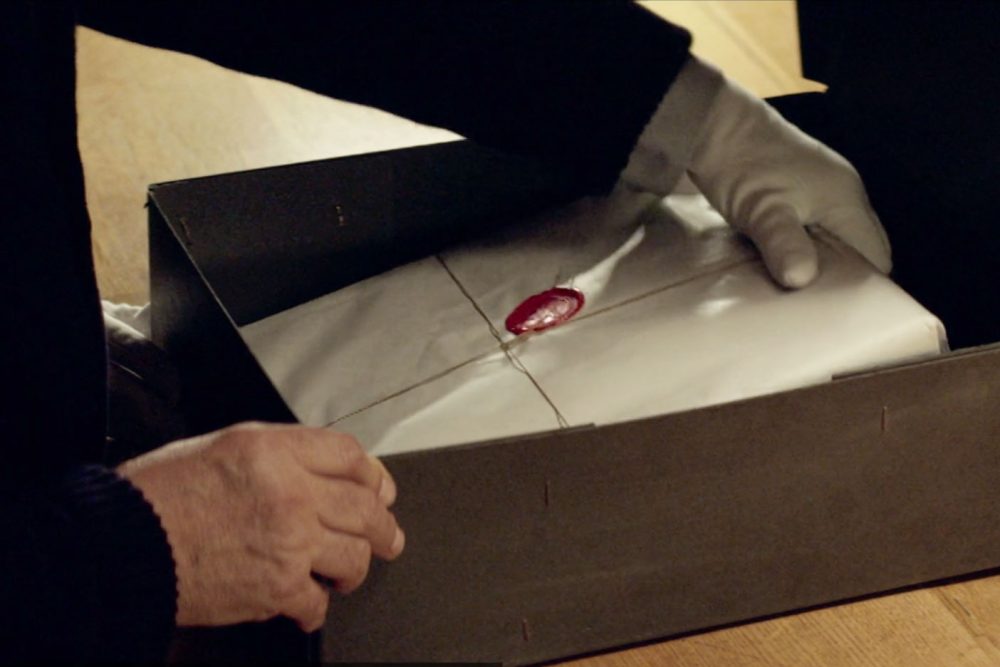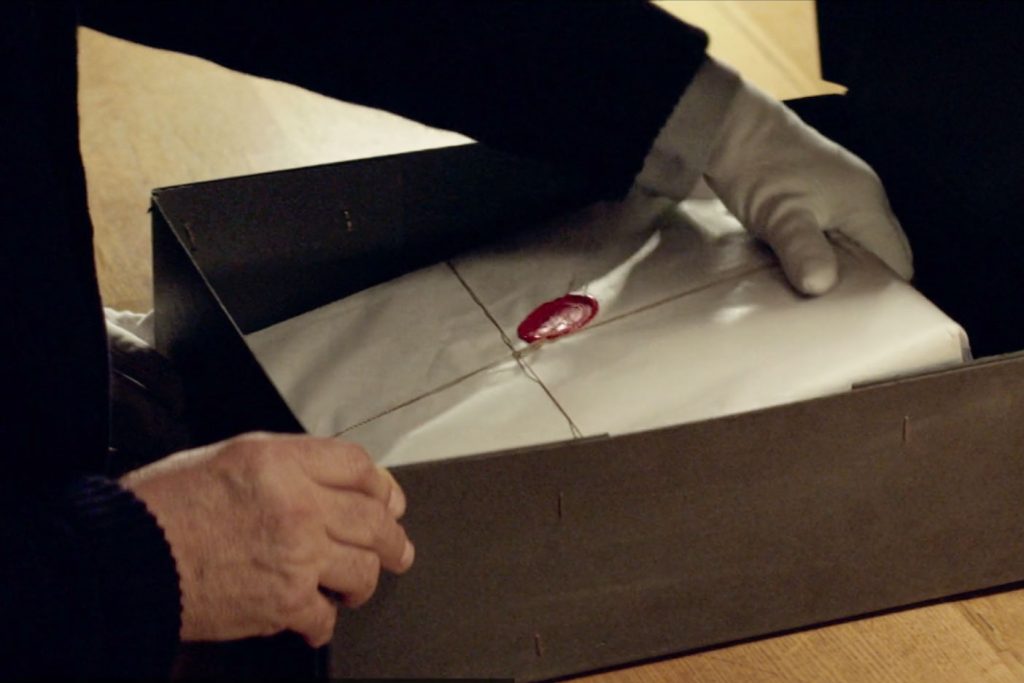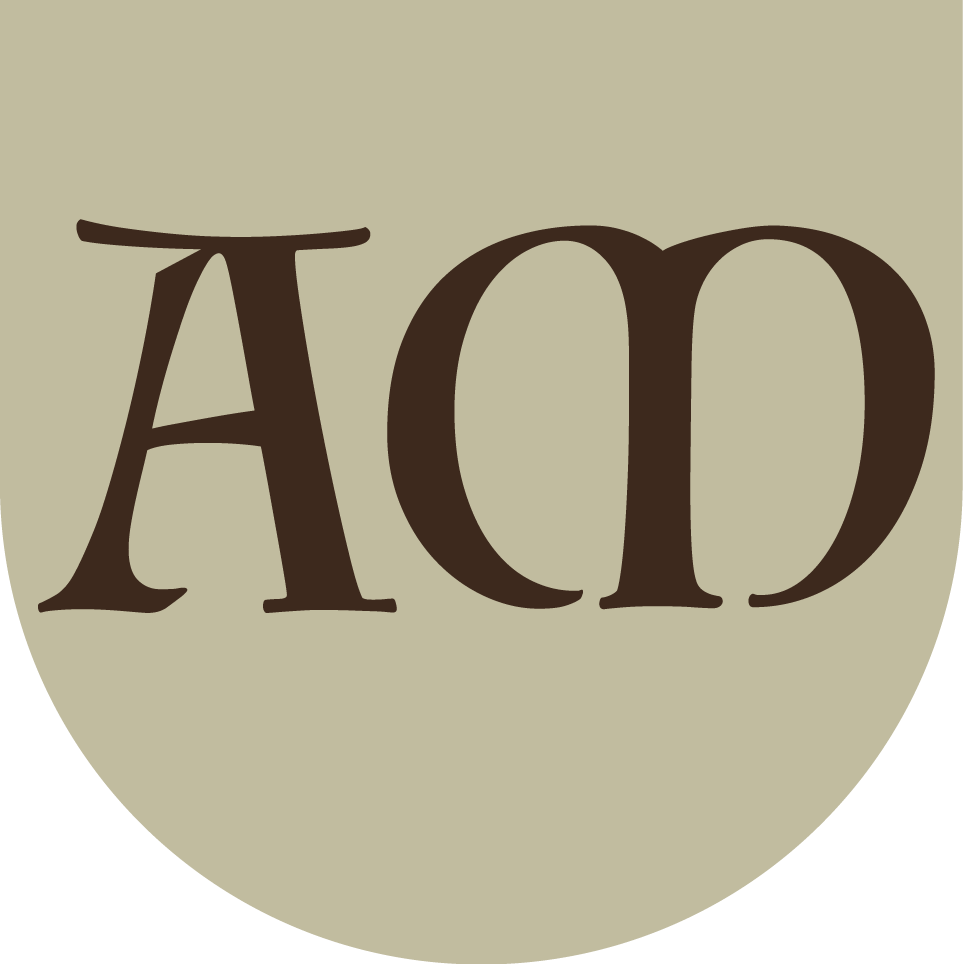As Sweden’s first farewell undertakers, Ars Moriendi has an important role in society’s ongoing transformation: To facilitate and provide dignified and personal farewells of artifacts and systems that have done their part and that we need to let go of.
The path to a final farewell is often long and winding. Support may be needed throughout the complex and painful process of moving from denial to a dignified farewell. For this reason, we are a full-service bureau that stands on three pillars:
Renunciation – Disassembly – Farewell
We offer process support to individuals and businesses who need help identifying what they need to abstain from. We can also serve as consultants when, for example, system and institution disassembly or other complex farewell undertakings need to be carried out.
When our clients become ready to say a final goodbye to something, we help organize farewell ceremonies, as unique as the phenomena that they are ready to bid farewell to and mourn. At all stages of the process, we can also provide professional grief counseling, as well as other consulting services.
> Read more about our consulting services
 We help you bid farewell to that which has run its course
We help you bid farewell to that which has run its course
Our society’s needs is our driving force
Over the past 100 years, our society has undergone a dramatic transformation. The economic and material development has been remarkable, but unfortunately at a high human cost. Many have improved their lives, but at the same time communities have been broken up, predictability has decreased, and mental illness has increased. This development has occurred globally.
A hundred years ago, the infrastructure that humans had built on Earth (what is called the anthropogenic mass) had reached a weight equivalent to about three percent of all living organisms (all biomass). Today, we humans have built so much infrastructure that it weighs as much as all biological life. On the entire planet. In 20 years, the anthropogenic mass is estimated to weigh twice as much as all living organisms. As our building and manufacturing continue to increase exponentially, our infrastructure risks eventually displacing all biomass, including ourselves.
Just like all other biological organisms, humans have a finite life. But the man-made world undoubtedly lacks this finesse. Our systems and artifacts tend to remain, regenerate themselves and/or mutate even after no one remembers what they were good for – they become a sort of “undead” life form that clings to itself, devouring amounts of energy and occupying increasing space on the planet.
Therefore, we need to stop, or at least slow down, this tremendous material growth. A shift that can only be achieved if we collectively manage to free ourselves from our thought barriers and dare to start moving into the future, in a search process. But the strong longing for the permanent that characterizes our culture and society as a whole is also a formidable opponent. Change is difficult, causes anxiety, and is very unwelcome for most people.
But it is coming. So now is the time for us, as a society, to start practicing the art of dying.
This means practicing together to let go of the familiar and predictable to make room for the uncertain, but also becoming more aware of our constant interaction with things. Because it is only in dialogue with the world we have built that we can teach it the art of dying and thus give our increasingly zombie-like structures and institutions the finiteness that is the prerequisite for evolution.



